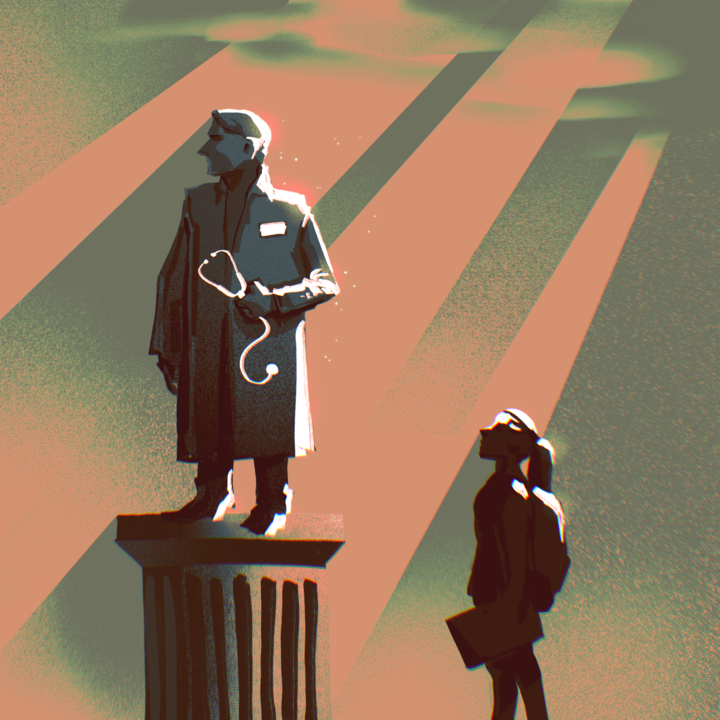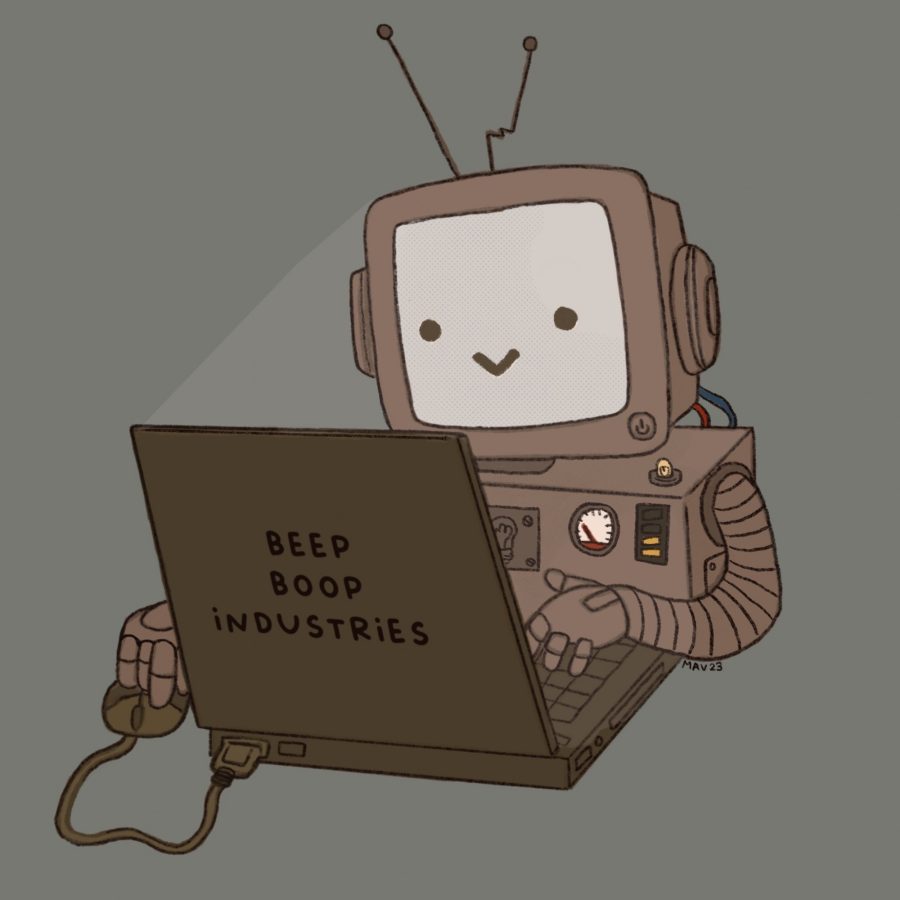The hallmarks of pre-medicine students: cutthroat, competitive, jaded and eager. These labels follow the tails of bright-eyed, physician-seekers. But in an industry of morally heavy, often deathly, consequences combined with hardened, driven students, is having some thick skin necessary to make it to physician-hood? Partaking in the competition and eagerness may just be the strategy necessary to make it to the residency of your dreams. But why can’t the pre-meds all get along? Can we make it without stooping to chest-puffing? Why do so many students not like us?
Pre-med students are frustratingly competitive. But I wonder if maybe some slack can be given to the sleep-deprived students. I know many students at the University of Arizona who have left the pre-med life because they didn’t relate with their peers around them; they didn’t have a full-time research job, didn’t find a club, didn’t form a nonprofit organization and didn’t have straight-A grades. While these help, they’re not necessary to get into medical school. And these high expectations not only scare students away but positively feed the growing competition in the dream-seekers. Where space is limited, owing some humility and patience towards those who deviate from the expectation would help improve not only the perception of the field, but also the satisfaction within it.
Still, the flaunting is unavoidable. Where high-achieving students remain, boasting is not a trait ready to leave just yet — and not just in medicine. On the same note, the boasters may not actually make it in the end, since medicine requires an unparalleled humility, or their boasting may be an insecurity much deeper. This insecurity is painted in the eyes of almost every pre-med on campus. Am I good enough? Will I be good enough? Will I be able to accept myself if Harvard Medical School doesn’t accept me?
Anirudh Julakanti is a first-year medical student at the UA College of Medicine — Tucson, and he spent his undergrad here at the UA. Julakanti found a passion for helping others from his mother in his native village in India. While he found a similar admiration for the medical field, he does admit the path is full of more and more work and still remembering to take care of your mental health. Still, unlike his undergraduate years, medical school has been overwhelmingly more supportive for Julakanti.
“We’ve all made it,” Julakanti said. “So while the familiar competition is still there, we all realize we’re in this together.”
It’s hard for the pre-med student to separate successes from self-worth, especially when the profession is infamously known for consuming life; it already has in our undergraduate education. But we may benefit from being vocal about cheering for others’ small successes and admitting the constant difficulty. The difficulty lies in the perseverance of the self-regard and not in the material successes and reminding each other may alleviate this feeling of the lone fighter against insecurity. Afterall, we’re in this together.
I wish I had an easy pill for pre-med syndrome. Rather, as an insider, I do have some truths that may help those within and without to see the brighter of an often spiritually-devoid process. We’re doing our best. We have a goal in mind — a rather ambitious one — and we are playing our own lives hard and right to keep doing our best. Still, the competition is an individual race. Students should try to be a better candidate within themselves, irrelevant of those around them. Remembering that your career is not who you are and diving back into those hobbies you put aside for exams and research will be invaluable.
Julakanti adds that the most helpful thing he did for his sanity in undergrad was forging a friend group whose interests lied outside of medicine.
“It was humbling to see I was just another speck in the world.” Julakanti said.
Find a group of people on campus who genuinely appreciate your accomplishments and respect you for who you are. Julakanti agrees that sticking around those who make your undergraduate career more comfortable will help you long after you get into medical school.
Reassuringly, the pre-med process is toxic and competitive, but also entirely individualistic; you can make the experience as you wish. Don’t become jaded by subtle boasts and deceiving friendliness, keep on your path and maybe change for the better. But if medicine is not for you, that’s a whole other story. Be kinder to yourself and to your own dignity. It is just a career.
Follow the Daily Wildcat on Instagram and Twitter/X

Zaina Jasser is a junior studying physiology and philosophy with a minor in music at the University of Arizona. She enjoys conversations about ethics, trying new cheeses and metal rock and wants to work in medicine one day.









